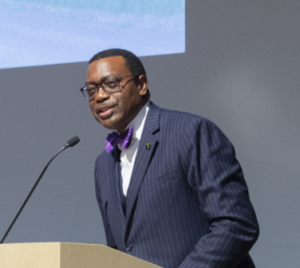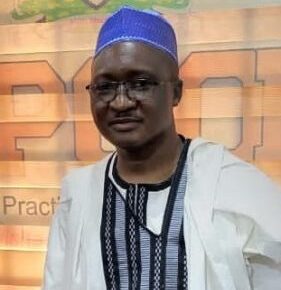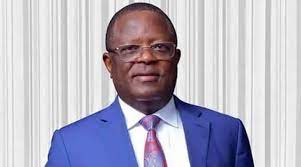The new Director General of the World Trade Organisation (WTO), Dr. Ngozi Okonjo-Iweala, has met with President Muhammadu Buhari at the Presidential Villa, Abuja and tasked the government to consider policy initiatives that will encourage the private sector to invest in latest technologies that will minimize fossil fuels consumption as the only source of automobile and industrial power generation in the country.
The former Minister of Finance, while commending some investors, particularly Mr. Aliko Dangote, for their new refineries and petrochemical plants aimed at boosting Nigeria’s petroleum products refining capacity, stressed the imperative of considering other alternative fuel sources as the country continues to contend with environmental and health risks associated with fossil fuel combustion in the country.
The WTO Director General thanked President Buhari for making her election possible and assured the global trade organisation’s readiness to support the country’s economic development efforts.
On the fossil fuel migration issue, she quipped: “But we have to start thinking how we can transit from fossil fuels. And I’m really worried about that.”
While analyzing the opportunities and challenges for Nigeria in the global organization she promised that “WTO will do more to help Nigeria, but we need to add value to our products in order to trade more. We should exploit all the opportunities in front of us.”
She appraised the opportunities for Nigeria in the global organization, as well as the challenges, stressing that “WTO will do more to help Nigeria, but we need to add value to our products in order to trade more. We should exploit all the opportunities in front of us.”
Responding to questions from journalists after her meeting with the President, Okonjo-Iweala also expressed the WTO’s concerns about Nigeria’s exchange rate regime.
Expatiating on why the WTO was concerned about Nigeria’s exchange rate regime, she said: “Yes. WTO has one of the agreements of the balance of payments, and Nigeria certainly invoked this to be able to conserve foreign exchange. It invoked this article.
“But some other members have brought a complaint against us (Nigeria) that we shouldn’t have used this article in that way. So yes, the WTO is concerned about foreign exchange, the way we manage it, the way we use it and how we use it to support manufacturing or imports and exports in our economy.
“But I think we are in discussion with them about the complaint and the exchange rate regime. Nigeria will have to explain to the WTO and those members complaining about why we are doing this”, adding that “eventually, having a strong exchange rate regime and being able to phase out of this, I think will be heading in that direction.
“We are also going to see the governor of the Central Bank of Nigeria and we will undoubtedly discuss some of these issues” , the finance expert added.
She advised the Nigerian government to begin to support the real sector as a strategic step towards boosting the country’s foreign earnings and job creation potential .
Earlier, President Buhari had congratulated her on the recent election to the WTO DG’s position, stressing that Okonjo-Iweala is putting Nigeria more on the world map, “and I congratulate you, as well as the country. I know you will represent us so well.”




